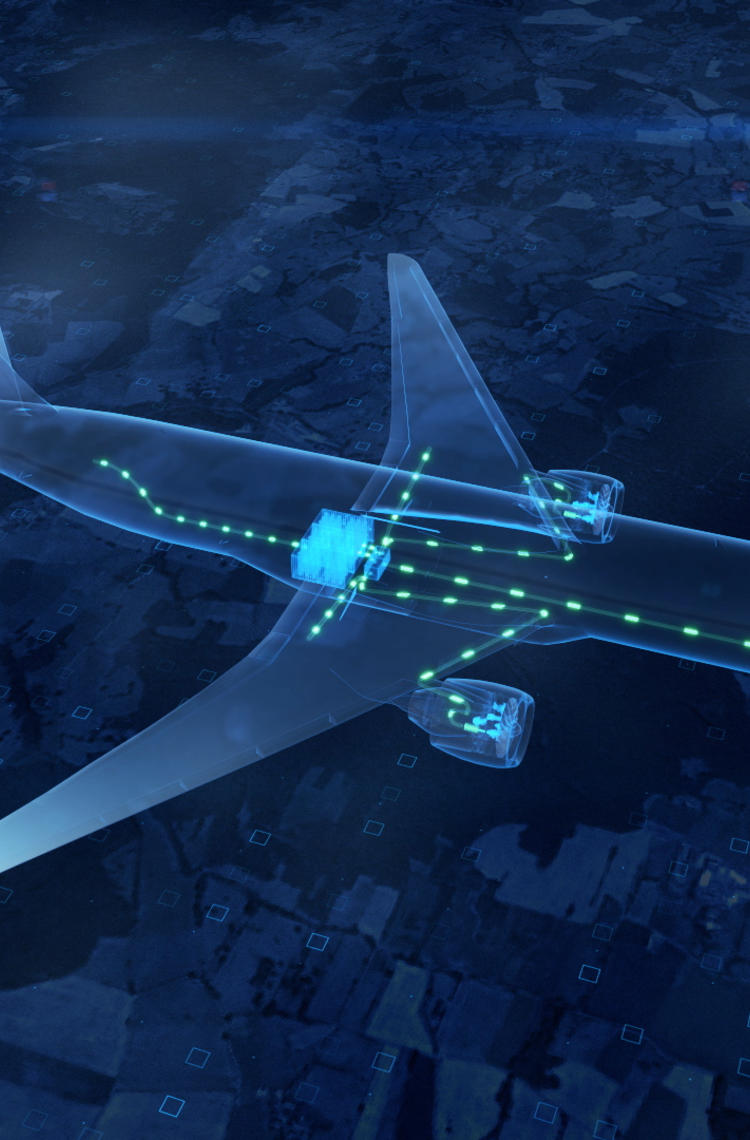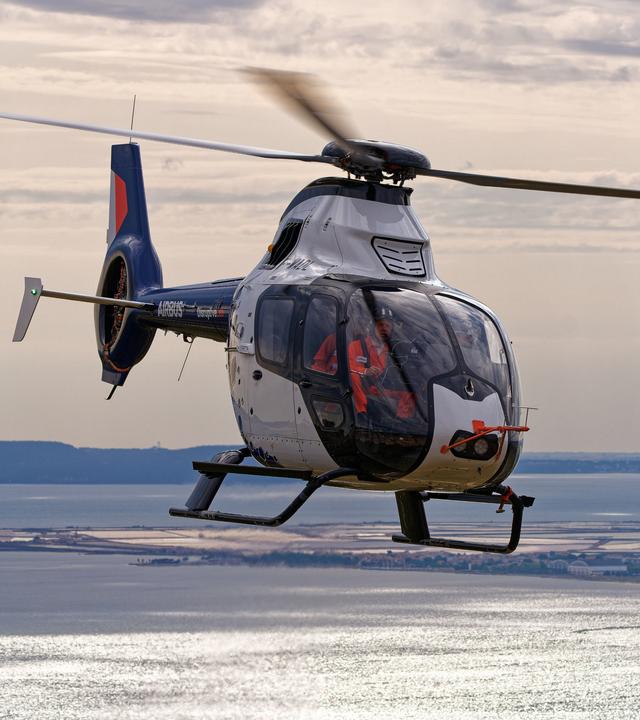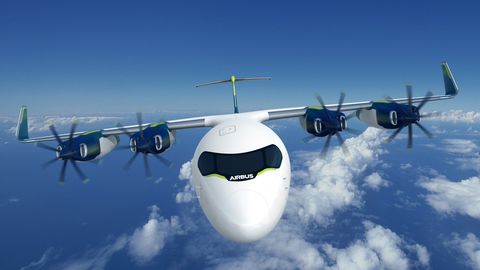On the path to lower-carbon flight
REDEFINING PROPULSION
A range of technologies are required in order to meet the aviation industry’s decarbonisation ambition. Chief among them are promising propulsion concepts, such as electrification, hybrid-powered flight and hydrogen fuel cells. At Airbus, our research into electrification aims to lay the groundwork for the future industry-wide adoption and regulatory acceptance of alternative means of propulsion for aircraft, helicopters and urban air vehicles.
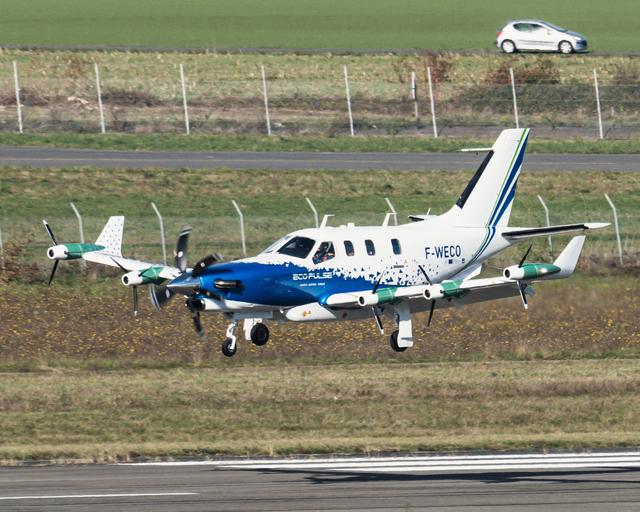
Hybrid-electric aircraft propulsion
In a hybrid configuration, an aircraft uses several energy sources in flight, either in tandem or alternately. The mix of energy sources optimises overall energy efficiency and reduces fuel consumption.
Hybrid-electric propulsion leads to better energy management, reducing fuel consumption by up to 5% compared to a standard flight. The electricity can come from batteries or fuel cells that convert hydrogen into electricity.
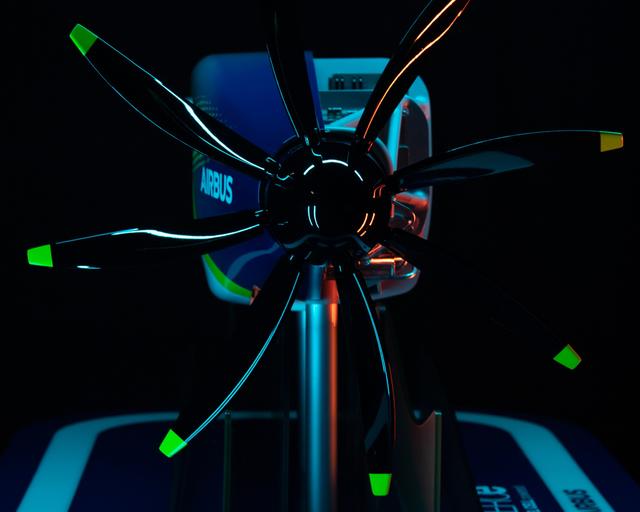
Collaborating on hybridisation research
We are working closely with key industry players to advance hybridisation research. In November 2022, Airbus and Renault Group signed a research and development agreement which aims to accelerate both companies’ electrification roadmaps.
In June 2023, Airbus and STMicroelectronics signed an agreement to advance research on the next generation of semiconductors, which will be a key enabler of hybrid and fully electric aircraft.
Latest in hybrid and electric flight
In the spotlight
-
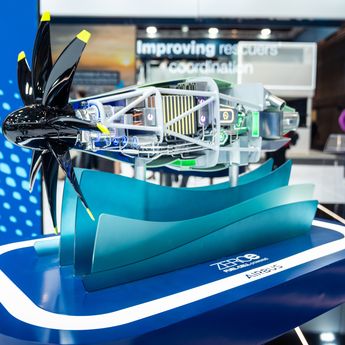
Web Story Innovation
Airbus at Paris Air Lab 2025: Discover Tomorrow, Today
Visit the Air Lab at the Paris Air Show to see innovative Airbus technologies that are changing aerospace design, manufacturing, production and operations. -
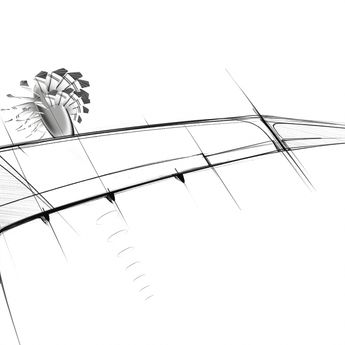
Web Story Innovation
Soaring towards future aircraft
-
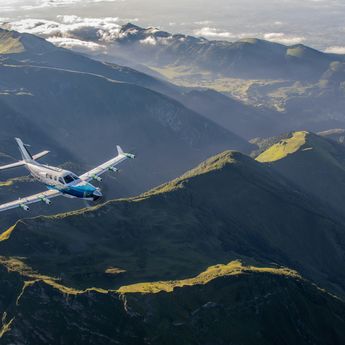
Web Story Innovation
EcoPulse results suggest a bright future for hybrid-electric aviation
-
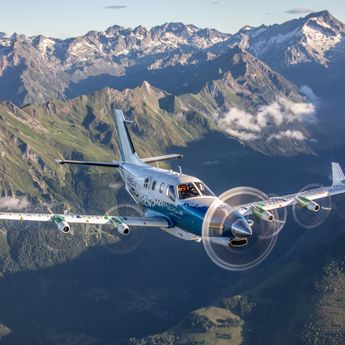
Press Release Innovation
EcoPulse paves the way for more sustainable aviation
-
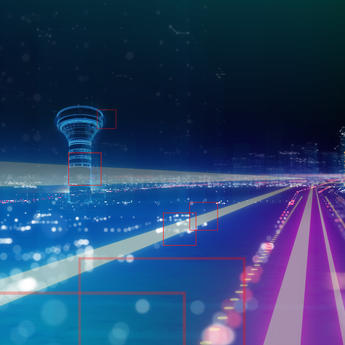
Web Story Innovation
Is quantum computing an enabler for the decarbonisation of aviation?
